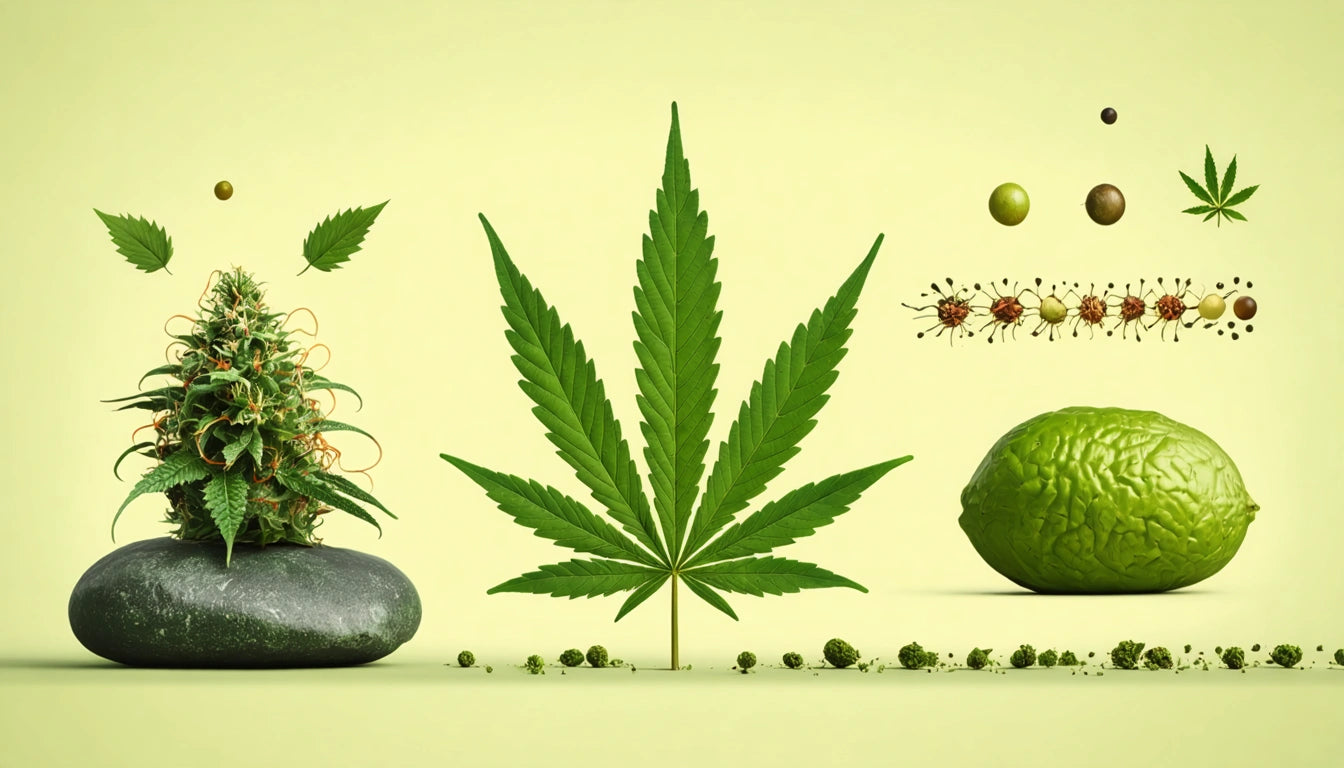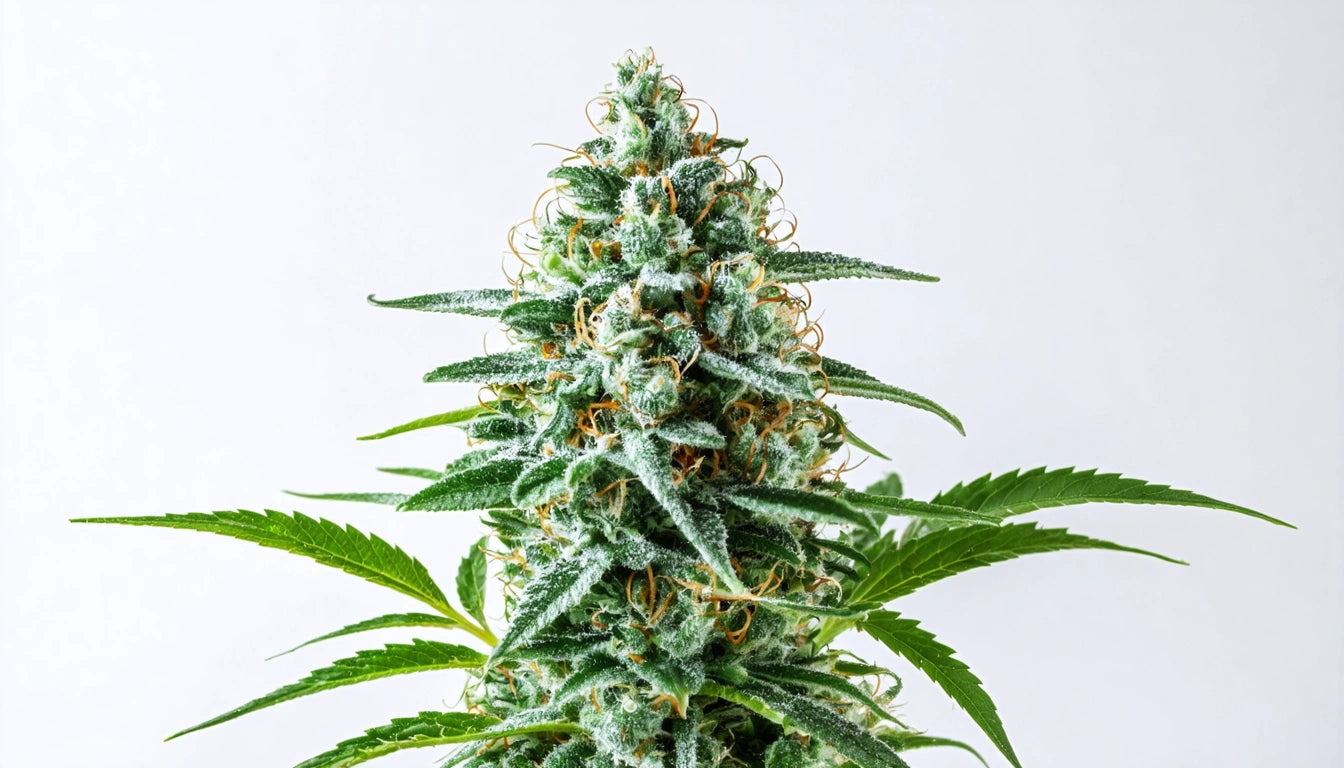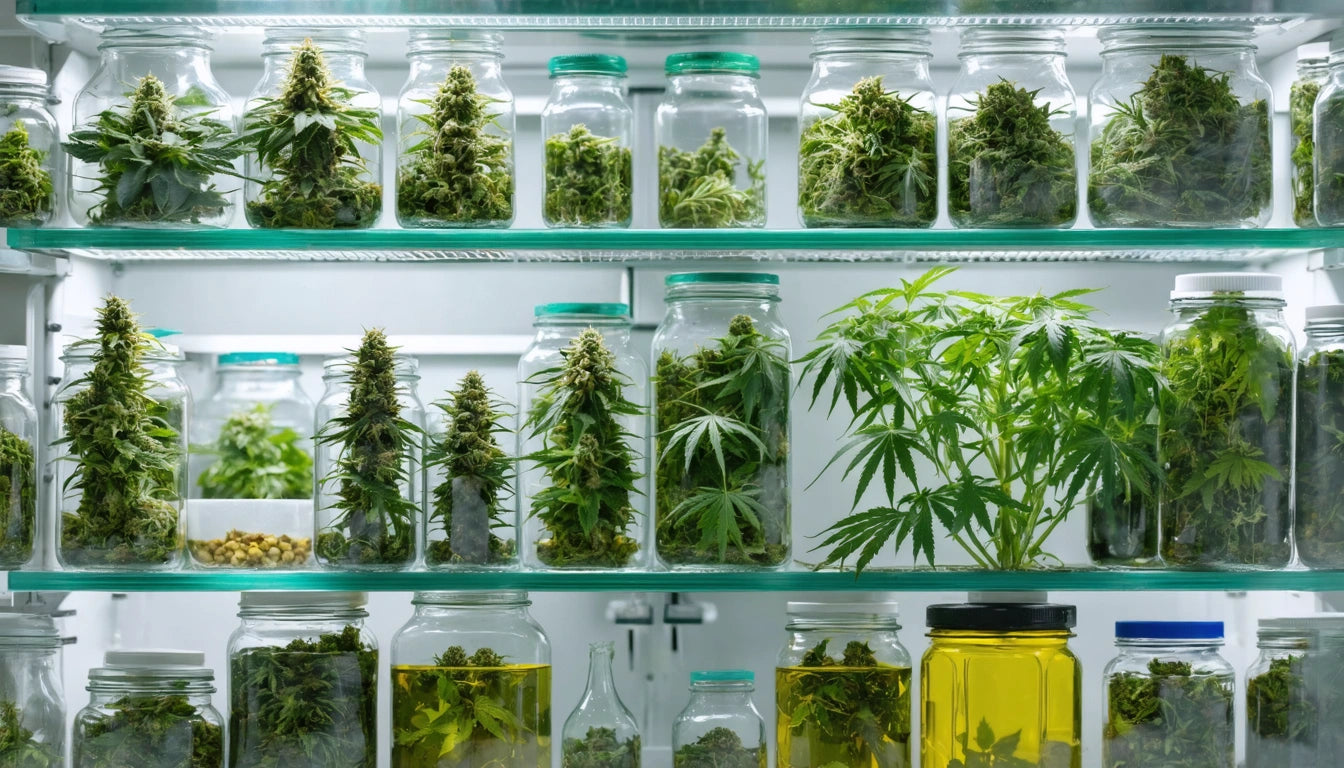Table of Contents
Why Doesn't Weed Affect Some People?: Exploring Possible Causes
Have you ever wondered why weed doesn't affect you the same way it seems to affect others? You're not alone. Many individuals report minimal or no effects from cannabis consumption, leading to questions about why weed doesn't work for them. This phenomenon has several potential explanations rooted in biology, genetics, and consumption practices.
Genetic Factors: The Endocannabinoid System Variance
One of the primary reasons why weed doesn't affect some people lies in their genetic makeup. The endocannabinoid system (ECS), which interacts with cannabis compounds, varies significantly between individuals.
CB1 Receptor Variations
Research suggests that approximately 20% of the population has genetic variations that affect how CB1 receptors, the primary targets of THC, function in their bodies. These variations can result in:
- Reduced binding efficiency between THC and receptors
- Fewer CB1 receptors overall
- Altered signaling pathways after receptor activation
According to research on marijuana's effects on the body and mind, these genetic differences can significantly impact how individuals respond to cannabis.
Tolerance and Previous Exposure: Building Resistance
Regular cannabis consumption can lead to tolerance, where the body becomes less responsive to the same amount of THC over time. This is often why weed doesn't work on experienced users as effectively as it once did.
Receptor Downregulation
With repeated exposure to cannabis, CB1 receptors can become less sensitive or decrease in number, a process called downregulation. This biological adaptation explains why long-term users may need to consume more cannabis or take tolerance breaks to experience the same effects.
As detailed in this comprehensive guide on how weed gets you high, tolerance can develop surprisingly quickly in some individuals.
Consumption Methods and Product Quality
Sometimes the issue isn't that weed doesn't affect you, but rather how you're consuming it or the quality of the product itself.
Inhalation Technique
Improper inhalation techniques can significantly reduce cannabis effects. For instance, many first-time smokers don't fully inhale the smoke into their lungs, limiting THC absorption. When using pre-rolled cones or custom smoking products, proper inhalation technique becomes even more important for experiencing the full effects.
Product Potency and Freshness
Cannabis potency degrades over time, especially when improperly stored. Old or poorly stored products may contain significantly less active THC than labeled, resulting in diminished effects.
Additionally, some products on the unregulated market may have inaccurate potency claims, leading consumers to believe that weed doesn't work on them when they're actually consuming low-quality products.
Psychological Factors: Expectation and Setting
The mind plays a crucial role in how we perceive cannabis effects. Psychological factors can determine whether you notice or benefit from the subtle effects of cannabis.
The Expectation Effect
Research shows that expectations significantly influence how we experience cannabis. If you're expecting dramatic effects and experience only subtle changes, you might conclude that weed doesn't affect you at all.
As explored in this article on how weed affects mood and perception, psychological state before consumption can dramatically alter the experience.
Metabolism and Biological Differences
Individual metabolic differences can explain why weed doesn't affect some people as strongly as others.
Liver Enzyme Variations
The liver contains enzymes that metabolize THC. Some individuals have variations of these enzymes that process THC more efficiently, potentially reducing its psychoactive effects by clearing it from the bloodstream more quickly.
Body Composition
THC is fat-soluble, meaning it binds to fat molecules in the body. People with different body compositions may distribute and store THC differently, affecting how long and intensely they feel its effects.
These biological factors can help explain why two people consuming the same amount of cannabis can have vastly different experiences, as noted in this exploration of cannabis effects and myths.
Finding What Works: Personalized Cannabis Approaches
If you've found that weed doesn't affect you as expected, several approaches may help you determine if cannabis can work for you:
- Try different consumption methods (vaporizing, edibles, tinctures)
- Experiment with various strains with different cannabinoid profiles
- Consider products with different THC:CBD ratios
- Take a tolerance break if you're a regular user
- Ensure you're purchasing from reputable sources with tested products
Remember that cannabis affects everyone differently, and finding the right approach for your unique body chemistry may require some experimentation. Some individuals may simply be less sensitive to THC due to their genetic makeup, while others may need to adjust their consumption methods or expectations.
Understanding the complex interplay between genetics, biology, psychology, and product quality can help explain why weed doesn't affect some people in the expected ways, allowing for more informed choices about cannabis consumption.











Leave a comment
All comments are moderated before being published.
This site is protected by hCaptcha and the hCaptcha Privacy Policy and Terms of Service apply.